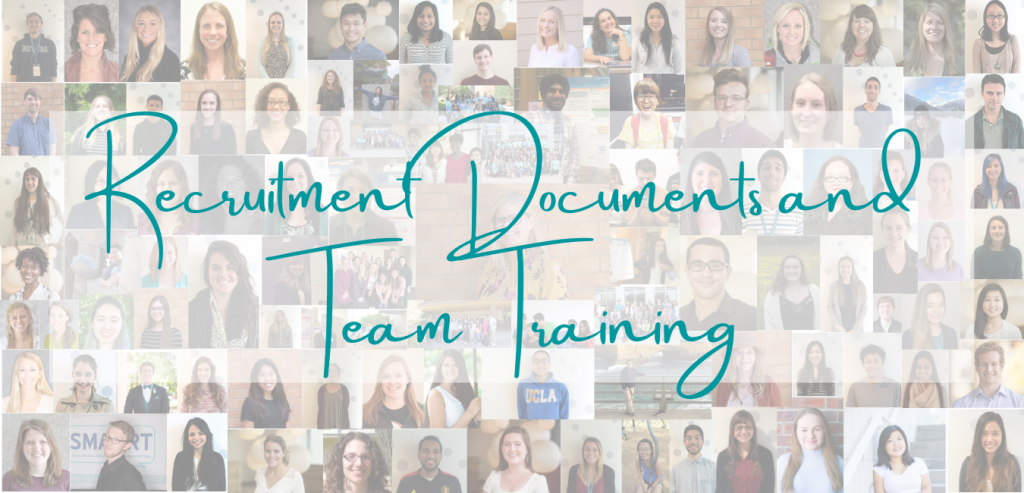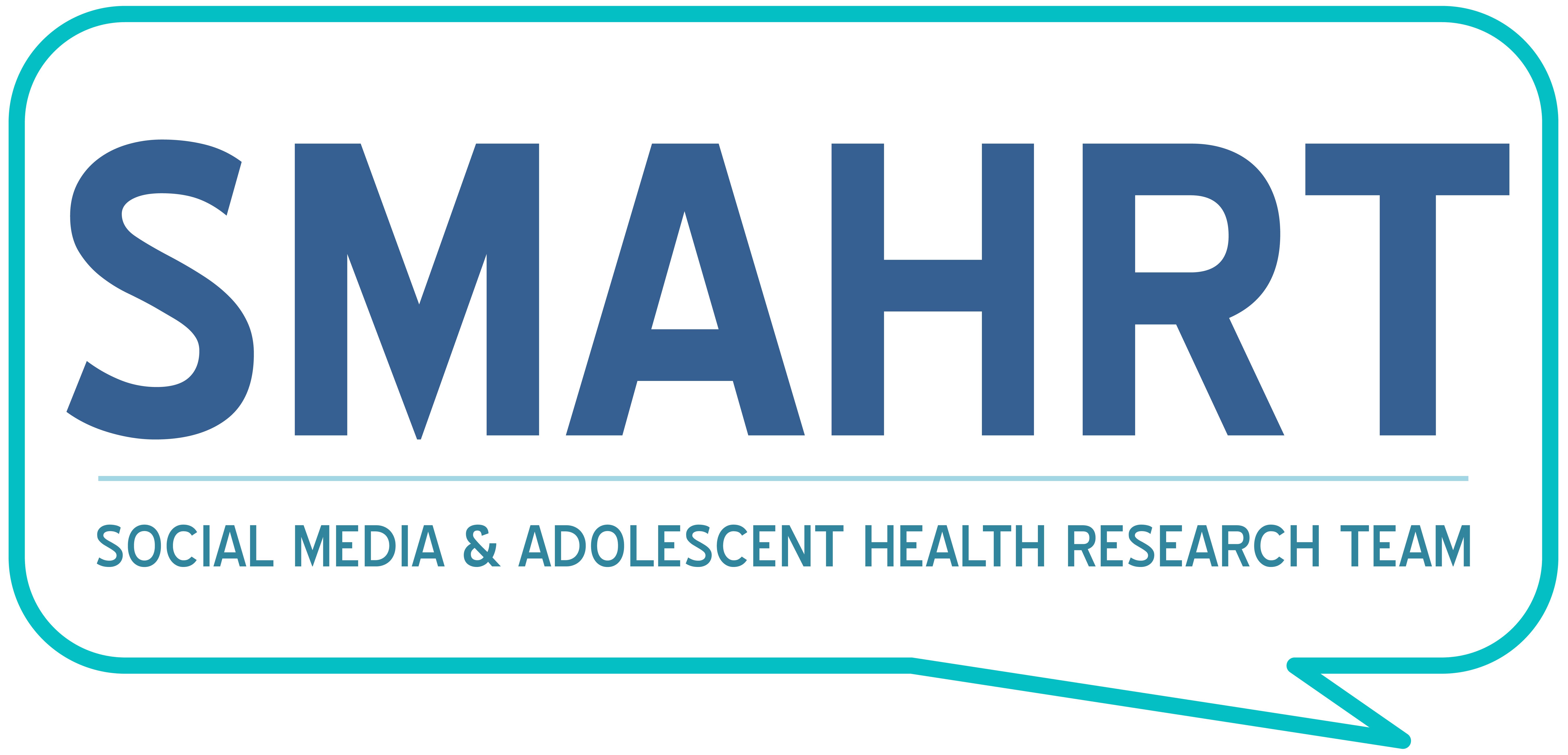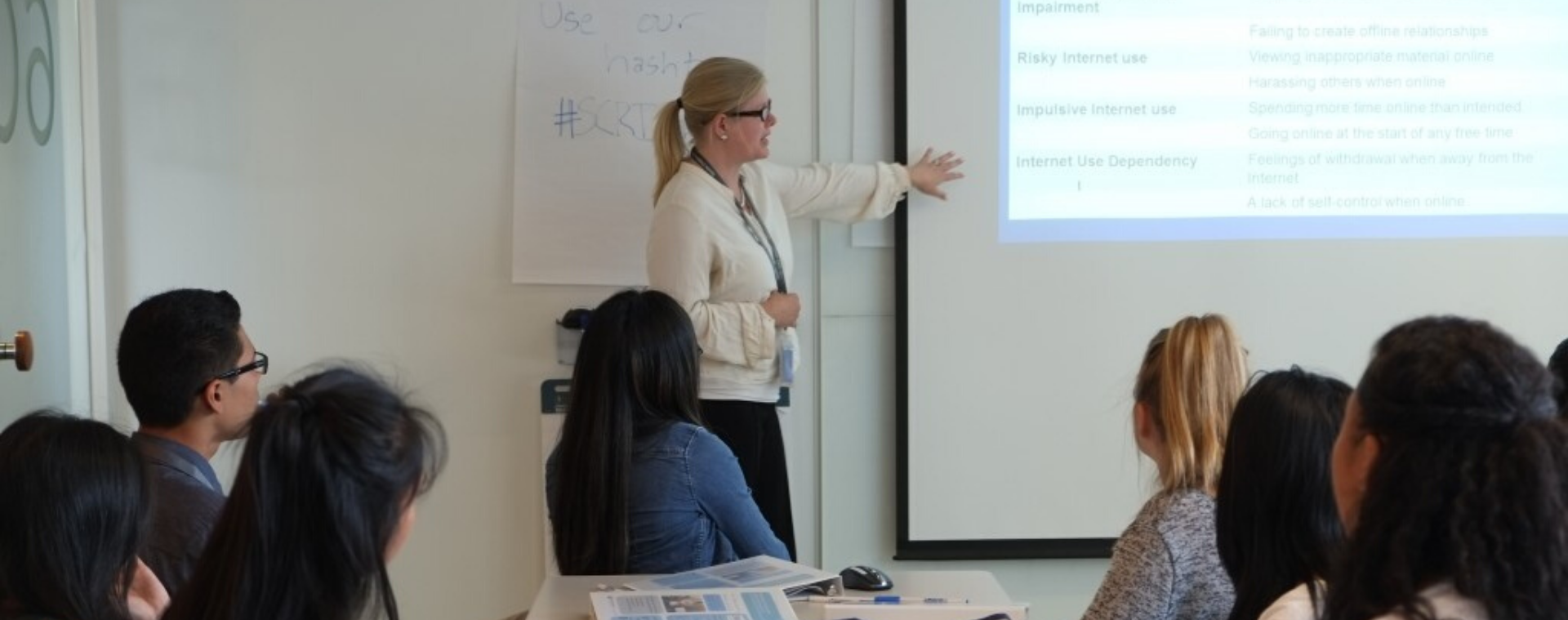
By: Anna Jolliff with input from SMAHRTeam members
As a team we strive to incorporate diverse voices and perspectives in every aspect of our work through our collaboration with researchers, physicians, industry leaders, and youth. Our motivation behind our initiative to analyze our recruitment documents was to ensure that we are posting our staff and intern openings in multiple spots to reach a diverse audience. We also wanted to re-evaluate the wording within these job postings to explicitly express that our team prioritizes incorporating diverse voices and perspectives in our science.
We recognize that being exposed to research in high school and undergraduate programs is privilege and acknowledge that historically marginalized groups have been excluded from this field. We wanted to ensure that those applying to work with SMARHT, understand that our mission is to train the next generation of scientists and to make research accessible to all who are interested. When we are looking to add a new member to our team, we are looking for someone who is excited to learn and interested in this field of research, regardless of previous research experience.
In addition to working to evaluate our team’s processes we are also all working to educate ourselves individually on how to become anti-racist. We’ve done this by completing online webinars, reading books, and having conversations with others in the field to learn how to best work together to change the current systems.
Our team members shared what has stuck with them so far in their anti-racism work.
“I began work on a project to understand best practices in publishing race-related findings in medicine with an erroneous assumption that I would be investigating a fairly new conversation. I was really taken aback to see that the dialogue on this topic began with best practices that were articulated decades ago. The conversation continues, in part, through scholarly commentaries observing that research still falls short of these standards. To me, this suggests that there is a notable gap in how scientists are trained to conduct research studies and analyze and report on data.” – Brad Kerr
“Our anti-racism work has led me to spend a lot of time thinking about how race is talked about in empirical studies and academic writing. On one hand, academia is known for being progressive. On the other hand, we’re still writing about race as a “risk factor,” rather than racism as a risk factor. We still have no clue how to ask the race/ethnicity question in surveys.” – Anna Jolliff
“I’ve learned the importance of and impact of how we communicate our work both visually and verbally on our different platforms and modes of media.” – Elise Goldstein
“In one of the resources I have used, I learned about the ally continuum. This provided me with a visual framework for ways I can strive to further educate myself. The work I am doing right now is a continuous process, there will always be ways that I can take steps towards educating myself.” – Maggie Bushman
“One thing I’ve learned that has stuck with me is the necessity of being an active listener. I learned so much just from listening to what others thought and said. It was an invaluable experience learning with and from so many incredible people.” – Zoe Stratman
“Anti-racism is hard work and incorporates both looking internally at the biases we hold and externally at the injustices of society. As we do this important work, we must also check in with ourselves and our well-being to ensure that we’re engaging in self-care. The more we take care of ourselves and preserve our physical, mental, and emotional well-being, the more prepared we will be to continue this work long-term to make meaningful change.” – Reese Hyzer
“I have enjoyed and felt challenged by our re-investment in this work as a team. From our inception in 2008 as a research team, we have strived to be a team that values the excellence that comes from diversity. With the events of 2020, we have needed to learn more, discuss more and do more to ensure that diversity is not just embraced but is actively embedded into every step of our science and our work together.” – Dr. Megan Moreno
Our team members are dedicated to our continued efforts toward approaching our work through an anti-racist lens, but we have a lot more work to do.
For more anti-racism resources visit: http://smahrtresearch.com/resource-list/

